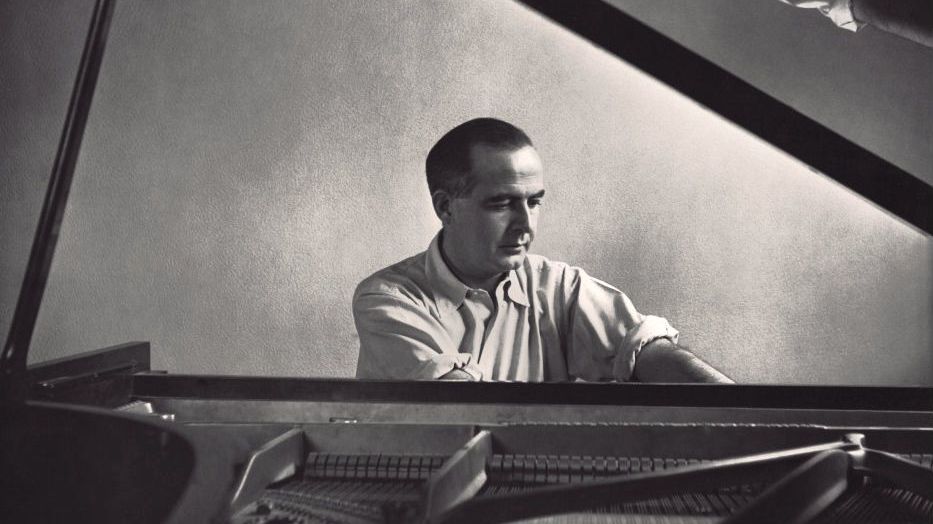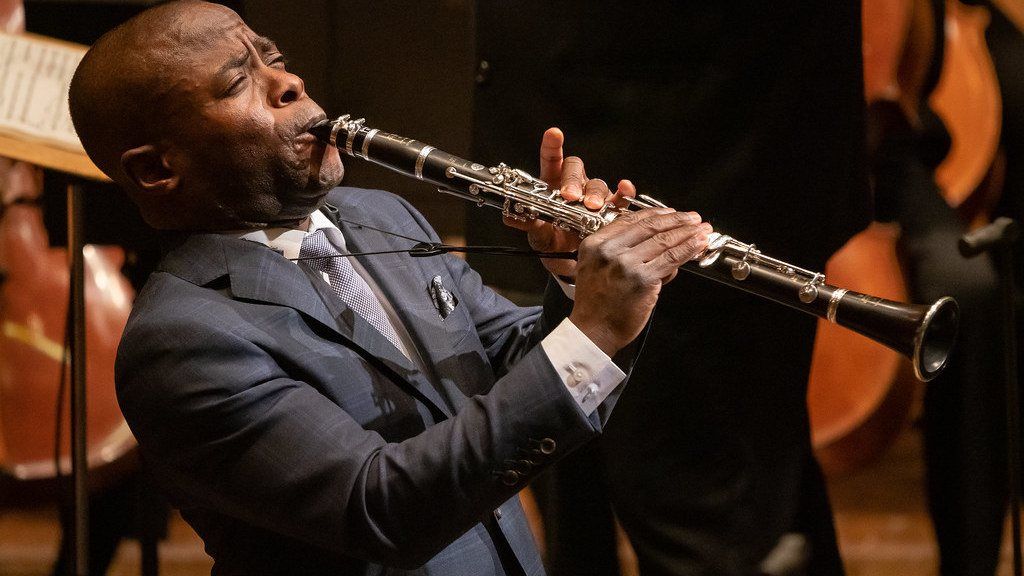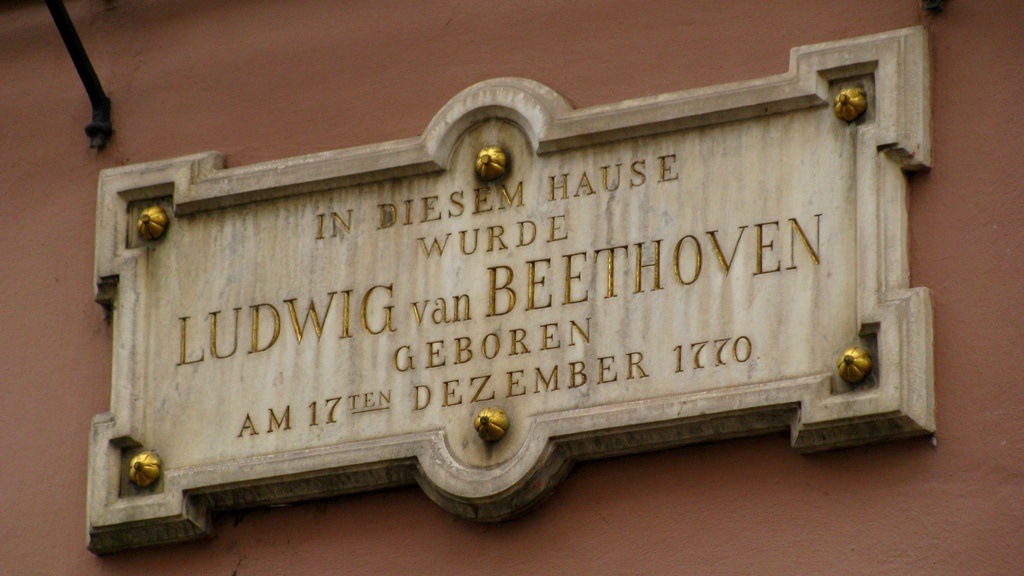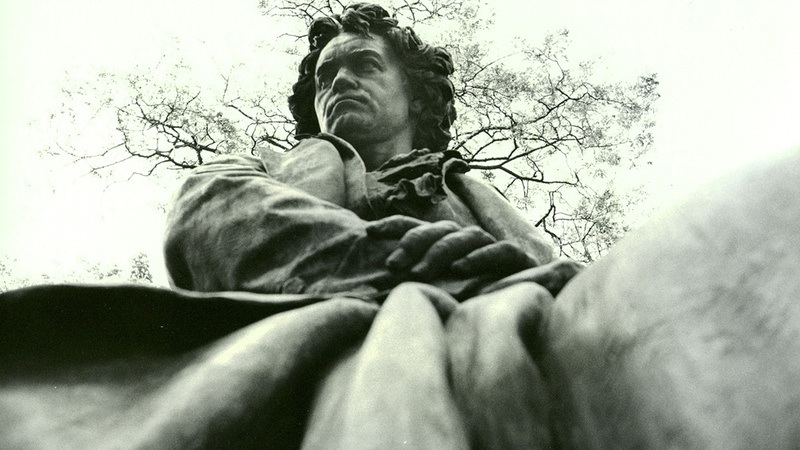Mozart and the Glass Armonica
Benjamin Franklin, the American statesman, diplomat, politician, writer, printer, political philosopher, scientist, inventor, and all-around Enlightenment Renaissance man, was born on this date in 1706. Among Franklin’s inventions is the glass armonica (now better known as the glass harmonica). While visiting Cambridge, England in 1761, he was fascinated with the “celestial” tones Edmund Delaval produced by rubbing a wet finger around the rim of wine glasses filled with varying quantities of water. …







